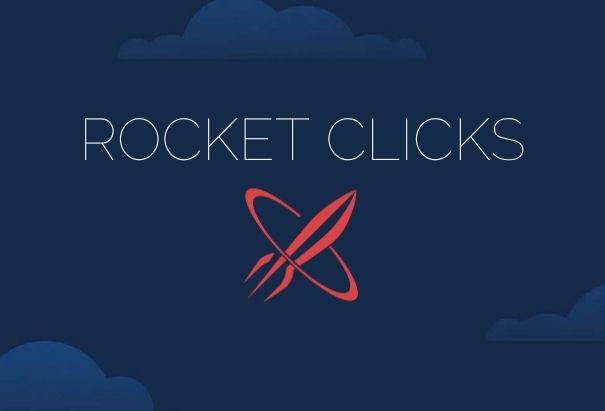This Week’s Industry News
Compiled By Rocket Clicks Staff
Top Stories
Penguin Refresh Is Coming Soon
Speaking at Search Marketing Expo East, Google’s Gary Illyes said that a Penguin algorithm refresh could be coming as early as next week. He went on to say that this was going to be a major re-write and will make life a bit easier for webmasters and a lot better for searchers. Additionally, it was noted that Penguin refreshes are going to more frequent due to the new algorithm moving forward.
Source: Search Engine Land
Automatic Item Updated for PLAs Now Available for AdWords
Just in time for the holiday shopping rush, Google has introduced an automatic item updated for product listing ads. This new feature should help advertisers decrease the amount of ad disapprovals they get when item specifics in ads don’t match site and inventory data. Participants of the beta have seen a 50% reduction in price related item disapprovals. Advertisers should note that this feature will only work with the use of schema.org microdata on their sites.
Source: Search Engine Land
Anti-Google Consortium Attacks Map Pack
An anti-Google consortium known as “Focus on the User” have launched a campaign that argues against Google+ Local search results. The consortium is made up of Yelp, TripAdvisor, Consumer Watchdog and other companies aiming to convince Google to force Google+ Local pages to compete with local review sites for placement on the SERPs. More info on the group’s argument against Google can be found on focusontheuser.eu
Source: Search Engine Land
Google Adds New Ad Formats & Tools for Mobile
In preparation for the much discussed “mobile take-over” of ads, Google has released new display ad formats and tools for mobile. New formats include a mobile light box engagement ad that dynamically resizes, in-app video ads that use TrueView videos, and magazine style text ads. New tools will also be available to help advertisers convert existing ad formats. Google expects new formats to increase mobile ad click through rates.
Source: Marketing Land
Study Reveals Click Through Rate Data For Organic
A new study by Advanced Web Ranking sheds light on fresh data on click through rates for organic searches. 71.33% of searches resulted in a click on page one, while page two and three only received 5.59% of clicks. The first five results alone made up 67.60% of clicks. A full breakdown of the study can be found on Marketing Land.
Source: Marketing Land
Additional Headlines
Bing Won’t Treat HTTPS The Same As Google
Bing Introduces Enhanced Sitelinks For US Advertisers
Snack Company Mondelez Makes Ad Deal With YouTube
Google Explains Their Crawl Habits
AdWords Named As Winner Of Carousel Eye-Tracking Study
Google Introduces Estimated Conversions To Display Ads
Yahoo Retiring 60 Products And Services
Notable Commentary
Appearance Of Answer Boxes Sees Significant Increase
With the Panda 4.1 rollout, more and more answer boxes have shown in the search results pages. Dr. Peter J. Meyers of The Moz Blog analyzes the increase and offers an additional experiment on how he attempted to change the answer in an answer box. The full report can be read on The Moz Blog.
Analysis by: Dr. Peter J. Meyers, The Moz Blog
New AdWords Script Eliminates Close Variants for Exact Match
In response to Google’s elimination of true exact match keywords, a script has been written to block search queries that are “close variants”. This script works by pulling search query data and adding negatives for anything that is not the exact match keyword being bid on. This script can be placed at the MCC, campaign, and ad group level.
Analysis: Daniel Gilbert, Search Engine Land
One Thing Is Never Enough For Perfect SEO
Mark Jackson of Search Engine Watch explains that there is not one single thing that is going to help you improve your results for SEO. As he puts it, SEO is not a one trick pony. He emphasizes that while content is king, that alone is too simple of an approach. Jackson goes on to examine the landscape of today’s SEO and all of the ingredients to SEO success.
Analysis by: Mark Jackson, Search Engine Watch

